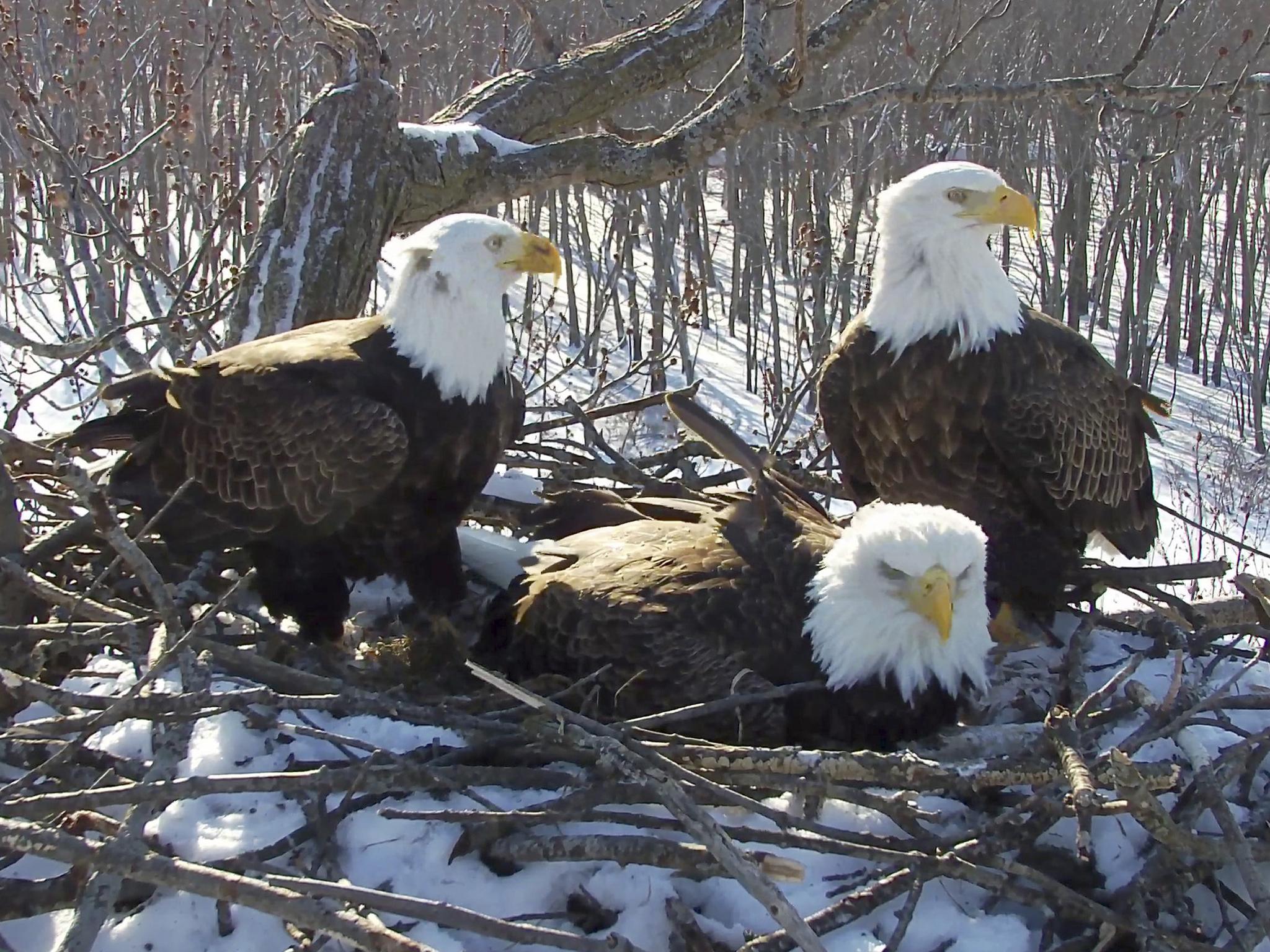17 states sue Trump administration over Endangered Species Act changes
Plans to turn back protections for threatened species and habitats challenged

Your support helps us to tell the story
From reproductive rights to climate change to Big Tech, The Independent is on the ground when the story is developing. Whether it's investigating the financials of Elon Musk's pro-Trump PAC or producing our latest documentary, 'The A Word', which shines a light on the American women fighting for reproductive rights, we know how important it is to parse out the facts from the messaging.
At such a critical moment in US history, we need reporters on the ground. Your donation allows us to keep sending journalists to speak to both sides of the story.
The Independent is trusted by Americans across the entire political spectrum. And unlike many other quality news outlets, we choose not to lock Americans out of our reporting and analysis with paywalls. We believe quality journalism should be available to everyone, paid for by those who can afford it.
Your support makes all the difference.Plans by Donald Trump’s administration to change US conservation law are being challenged by 17 states and the cities of Washington DC and New York in court.
The proposed changes to the Endangered Species Act would remove blanket protections for animals whose status has recently been listed as “threatened” status and make it easier for some animals’ “protected” status to be removed.
Economic, rather than science-based considerations, would also be used to determine whether federal authorities include new species and habitats on their list of protections.
US Commerce Secretary Wilbur Ross said the changes fit within Mr Trump’s mandate “of easing the regulatory burden on the American public, without sacrificing our species’ protection and recovery goals.”
California is leading the challenge to these changes and has targeted the US Fish and Wildlife Service and the National Marine Fisheries Service in the lawsuit filed in US District Court in San Francisco
Xavier Becerra, the state's attorney general has been joined in the lawsuit by his counterparts from Massachusetts and Maryland, Maura Healey and Brian Frosh,
Other states joining the suit are Colorado, Connecticut, Illinois, Michigan, Nevada, New Jersey, New Mexico, New York, North Carolina, Oregon, Pennsylvania, Rhode Island, Vermont and Washington.
The Endangered Species Act was implemented under former US President Richard Nixon in 1973, but conservative lawmakers and lobbyists have frequently fought to roll back those rules, which they argue have stifled business development.
The law has helped prevent the extinction of more than 200 species, including bald eagles, grizzly bears and humpback whales. It also protects hundreds of plant and animal species and their habitats.
Sarah Rose, a director at environmental group Audubon California, said the Trump administration’s change arrives at “the worst possible time.”
She added: “With this lawsuit, Attorney General Becerra is making sure that California is stepping in where the federal government refuses, but that’s only a partial solution. We also must ensure that our state laws have the needed strength and flexibility to protect our most vulnerable species from rollbacks by the administration.”
In 2018, Mr Becerra also filed a lawsuit against the administration for its changes to the Migratory Bird Act. This month, research published in the science journal Science shows the dramatic decline of North America’s bird population over the last five decades, a drop of nearly three billion birds since the 1970s.
This year, the United Nations has issued dire warnings about sea level rise, warming oceans, and the potential extinction of as many as 1 million of the planet’s 8 million plant and animal because of humanity’s global impact.
Join our commenting forum
Join thought-provoking conversations, follow other Independent readers and see their replies
Comments